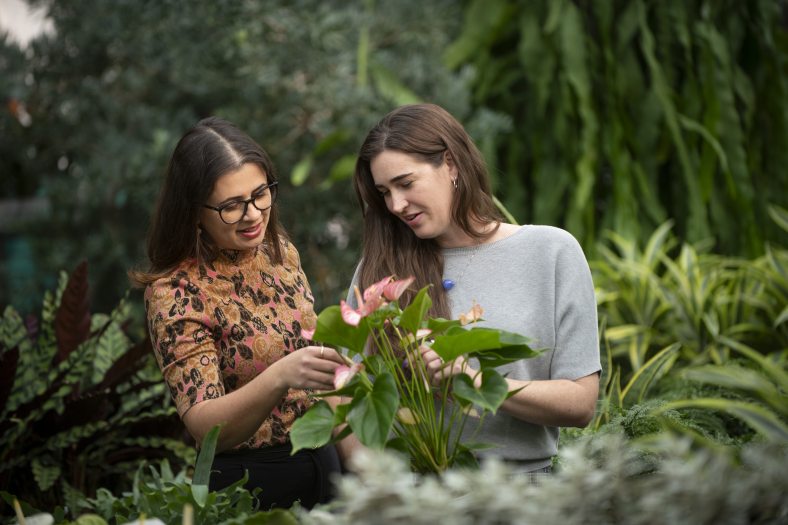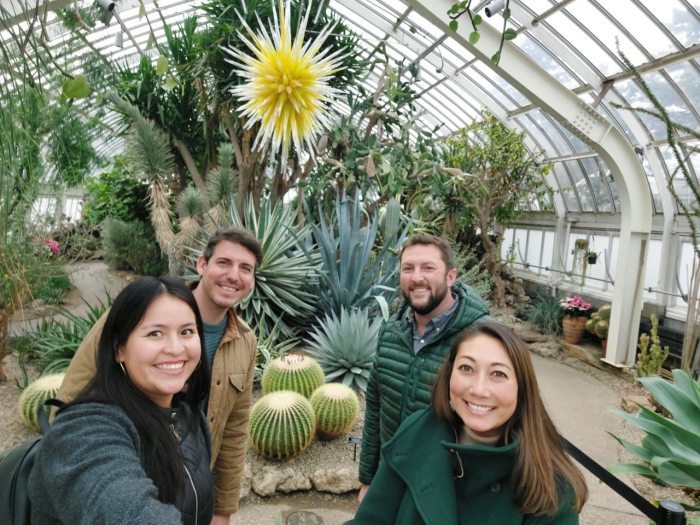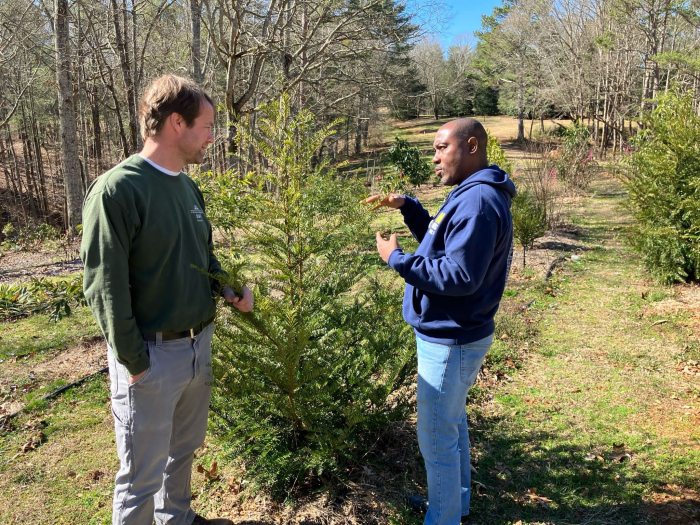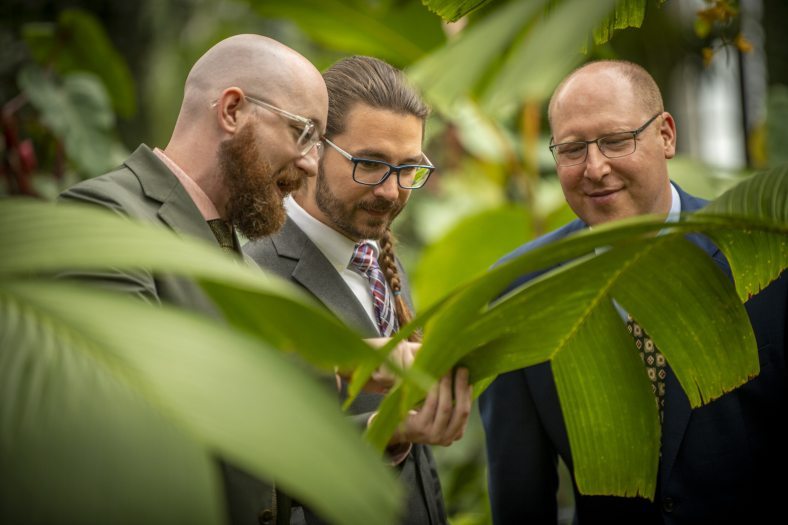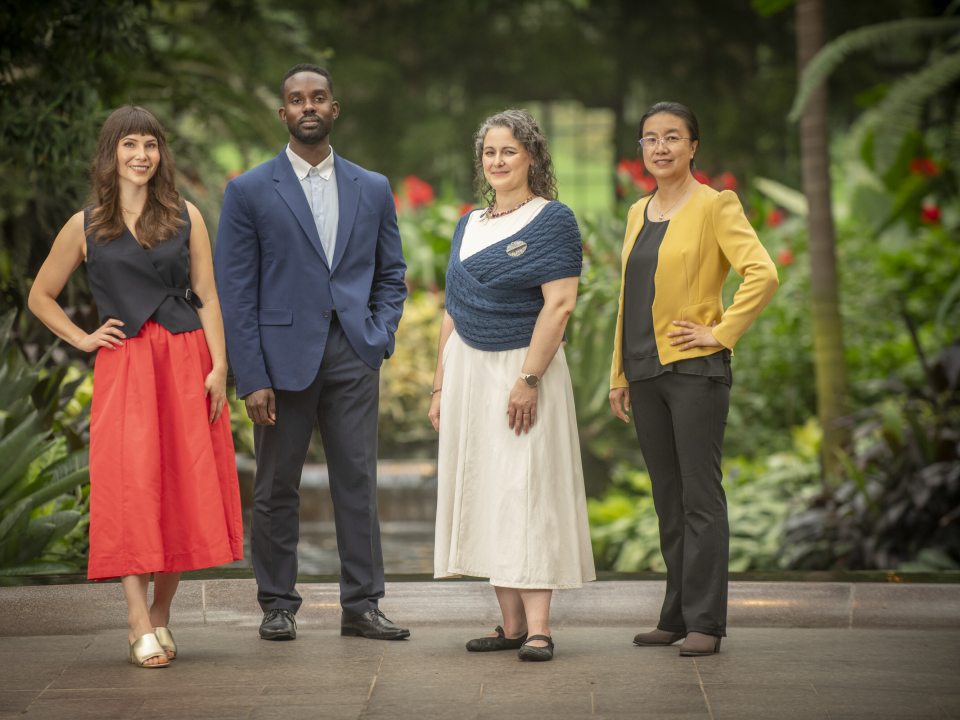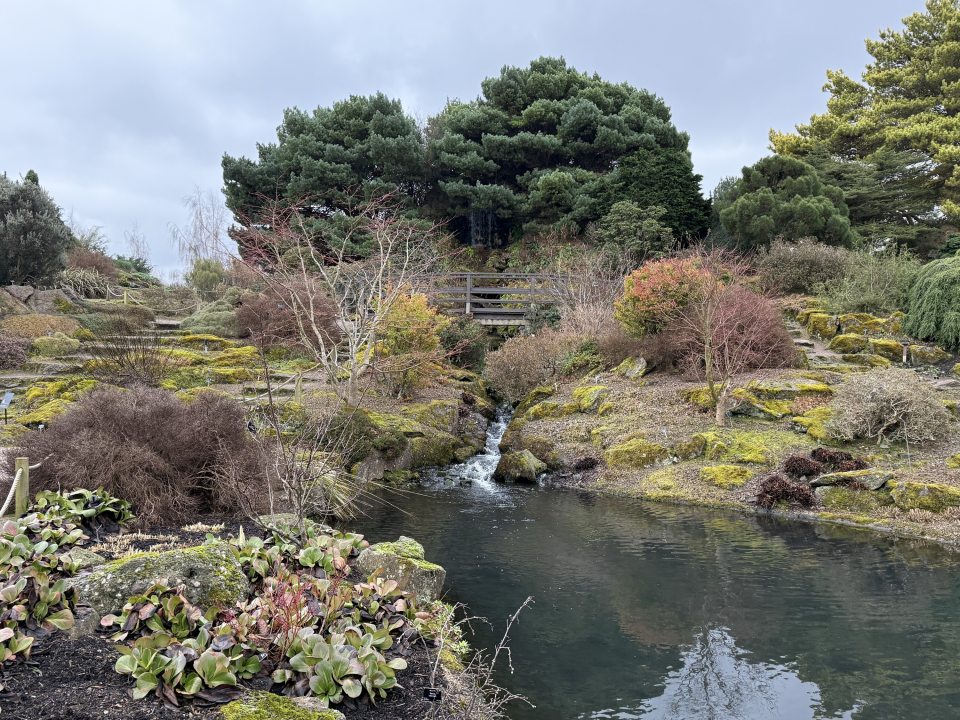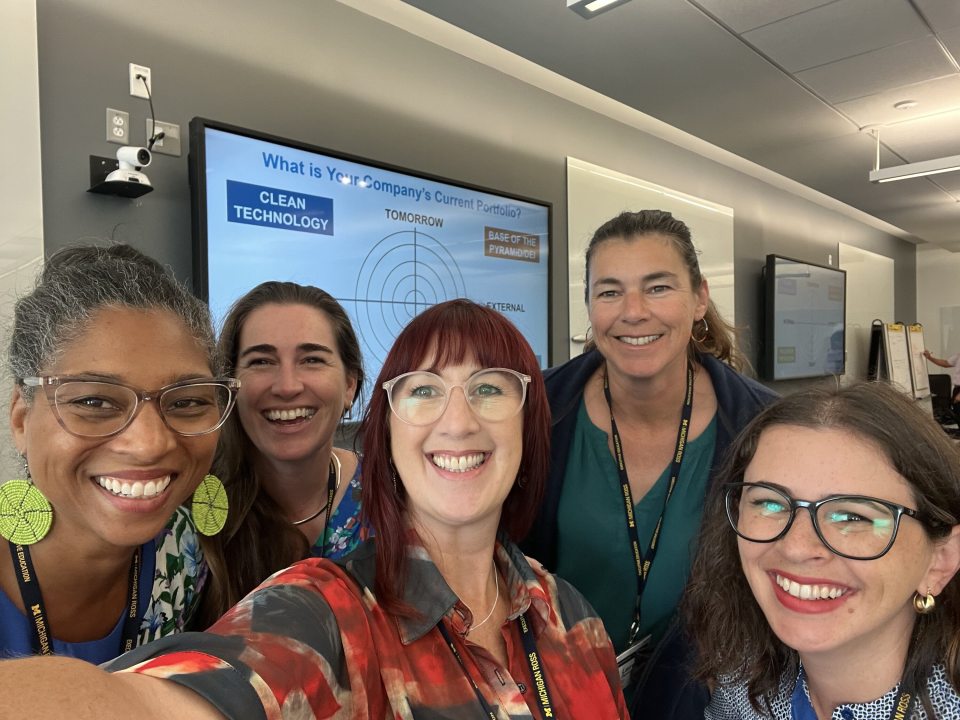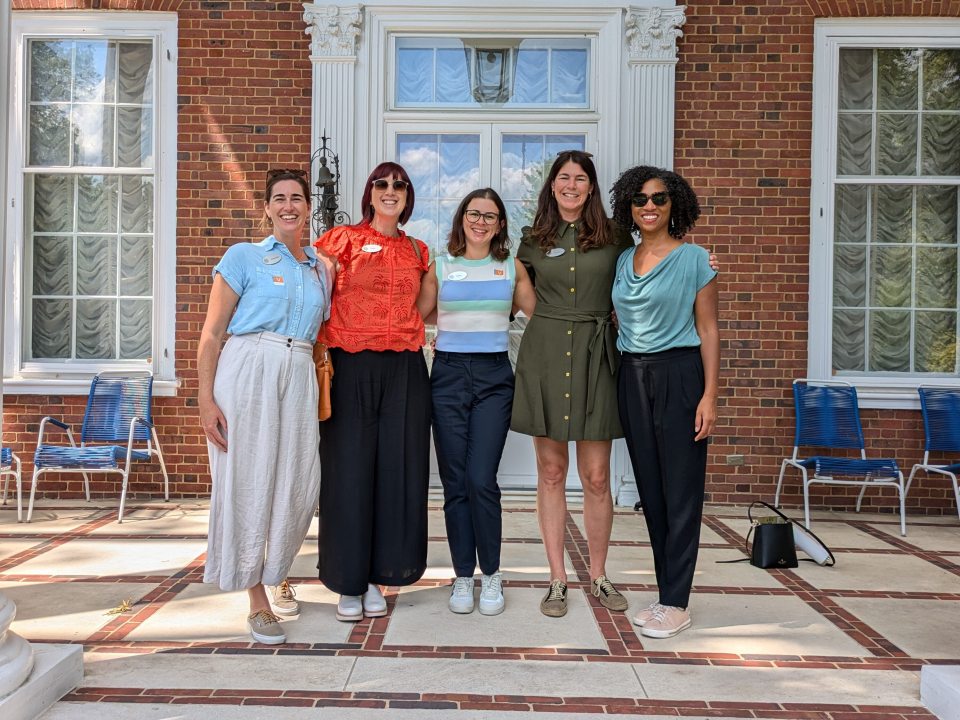The Fellows Program is a unique leadership accelerator focused on advancing the skills and knowledge of public garden professionals.
Fellows live and learn together through a combination of coursework and practical experiences. They study with experts in hot topics such as nonprofit leadership, strategic planning, master site planning, board relations and governance, nonprofit finance, and more—all tailored to the needs of public garden professionals. They apply their knowledge through a departmental immersion in one of Longwood’s core areas, a two-month externship at a partner garden, and a cohort project that is typically presented at the American Public Gardens Association annual conference.
Fellows Program: History and Legacy
Our founder, Pierre S. du Pont, was a visionary business leader and had a desire to establish a school where students would receive education in the art of horticulture.
We have provided outstanding educational programs since 1957 when we began offering summer internships for college and university students, a program that continues today and has impacted more than 1,500 students from over 80 institutions.
In 1967, we partnered with the University of Delaware to create the Longwood Graduate Program, awarding graduates an M.S. in Ornamental Horticulture. The program has evolved twice in its history—in 1988, the degree changed to an M.S. in Public Horticulture Administration; and in 1998, the degree changed to an M.S. in Public Horticulture.
In 2017, the program underwent a complete transformation, altering its focus exclusively to building leadership capacity for public gardens, replacing the former graduate program. Each year, the application period opens in late spring for the cohort that starts the following summer.
The Fellows Program develops professionals from diverse backgrounds to be leaders in public gardens. After completing the program, Fellows apply their newly refined leadership skills to advance organizations around the world. Fellows are resourceful, creative, and experts in their fields, and these characteristics translate well into a variety of garden types and sizes.

